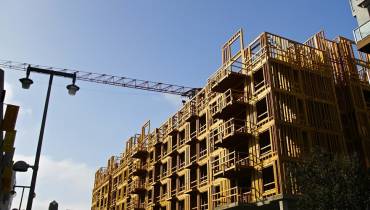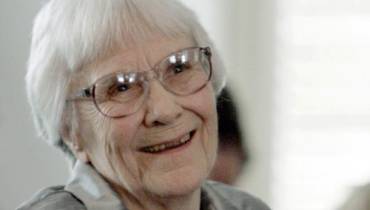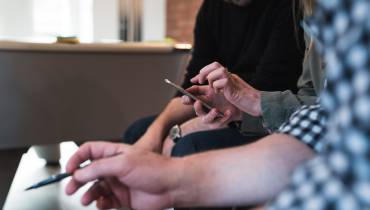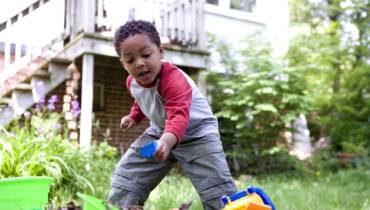The ‘Coronasomnia’ Crisis: How COVID-19 Affected Our Nightly Z's
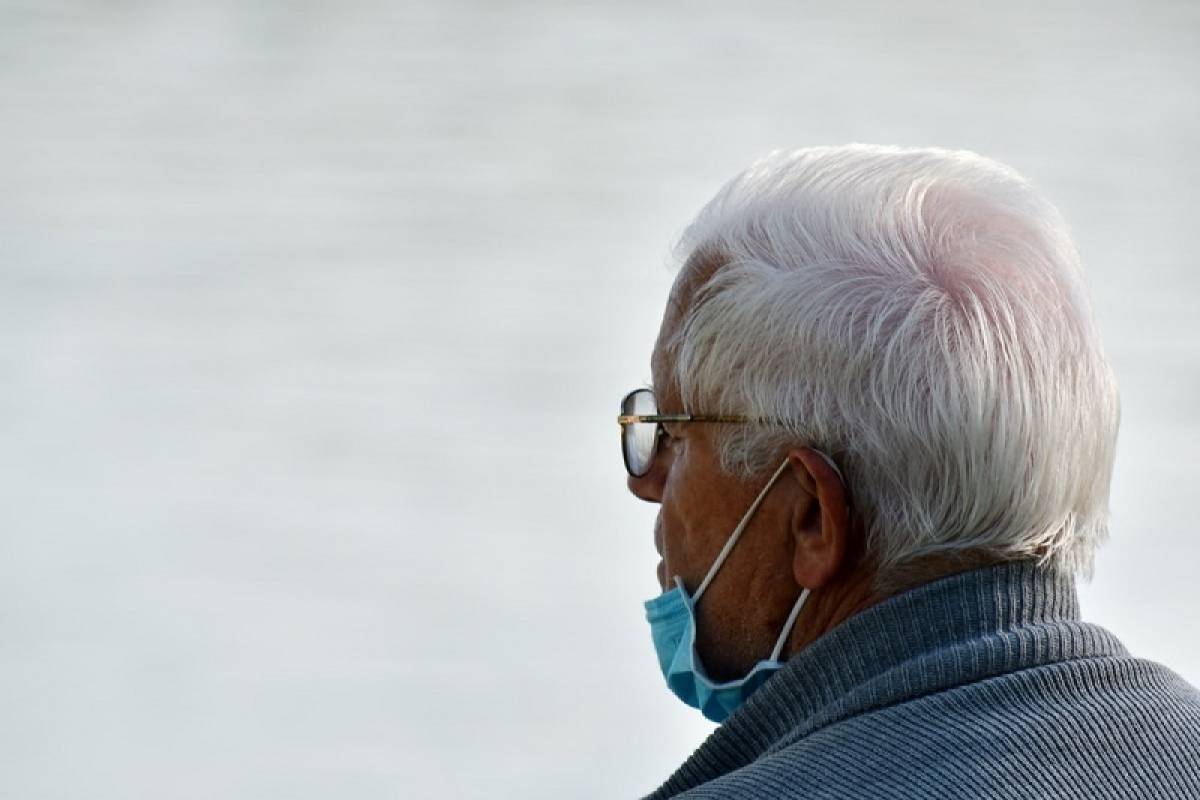
The COVID-19 pandemic drastically affected many aspects of living—health and hygiene habits, work and education, public transportation, and daily routines.
Amidst these big changes and the looming fear of the virus, the "new normal" has also taken its toll on a vital part of life: sleep.
People reported sleep disturbances and disruptions due to COVID. So much so that the rise of disrupted sleep cycles and abnormal sleep patterns following the pandemic caught the attention of sleep experts and even mental health professionals.
This phenomenon, now called 'Coronasomnia,' was traced to a number of factors, including:
Factors Contributing to Coronasomnia
I. Lack of work-life boundaries
With the shift from offices to remote work setups, the physical separation between work life and home life was removed. As a result, many found it hard to disconnect from work, leading to additional stress and burnout. This lack of boundaries also affected one's ability to relax, further causing difficulties in falling asleep and getting a good night's rest.
II. Interruption of circadian rhythm
Prior to the pandemic, most people maintained a daily routine. From going to work or running errands in the morning to winding down for the night, these actions helped sync the body's circadian rhythm to everyday events. With the imposition of self-quarantining and other public health measures, sun exposure was reduced, affecting the body clock.
III. Heightened anxiety, fear, and uncertainty
With COVID-19 looming, health, public safety, and even economic stability was hanging in the balance. The need to remain vigilant against possible infections, worrying about yourself and your loved ones' safety, and keeping up with current events heightened people's anxiety and fear.
Additionally, adjusting to the new normal caused feelings of uncertainty towards one's job and the long-term future. Together, such stressors can linger on your mind and impair your ability to fall asleep.
IV. Worsened loneliness and isolation
To curb the spread of the virus, various limits were imposed concerning social gatherings, commuting, and accessing public spaces. This, combined with the call to self-isolate and avoid non-essential travel, made it even more difficult for people to socialize and connect. The pandemic's negative impact on mental health lead to trouble falling and staying asleep.
V. Non-stop gadget use
With the threat of the virus keeping most people at home, the move towards online platforms and digital communication accelerated during the pandemic. Whether it's chatting with loved ones through social media or bingeing videos on YouTube to pass the time, being around gadgets or in front of a computer screen became unavoidable.
Beyond personal time, working or studying was also done through devices. This constant exposure to blue light from screens can affect melatonin levels, making it harder to fall asleep.
Sleep is a crucial factor for both physical and mental health, making it even more crucial to get good sleep. Luckily, there are practical lifestyle changes you can make to combat coronasomnia and ease you into better sleep even in the midst of such stressors.
Lifestyle Changes to Fight Coronasomnia & Get Better Sleep
According to the SleepFoundation.org, you can combat coronasomnia by improving your sleep hygiene (no smoking or drinking before bed, for example), establishing distinct daytime and nighttime routines, and taking efforts to manage your stress, including taking breaks, eating well, and connecting with others.
Besides that, you can manage coronasomnia, stress, and anxiety that keeps you up at night by regular exercise, journaling, and taking a break from watching, reading, or listening to the endless cycle of news and social media.
Remember, if sleeping problems persist, experts advise to seek help sooner rather than later.
“As the pandemic has continued for a significant time period, not just a couple of months, there’s a high possibility that rates of insomnia won’t dip,” said Lisa Artis, deputy CEO at the Sleep Charity, UK. “That’s because if people don’t seek help when they start to suffer with their sleep, the chances are their sleep issues become a sleep disorder, i.e., insomnia, and unfortunately there isn’t a quick fix… It’s difficult to break habits that have formed.”
To learn more about coronasomnia and get a better understanding of why sleep disruptions can occur and how to address them, check out the infographic below by the folks at Mediclick PH.








